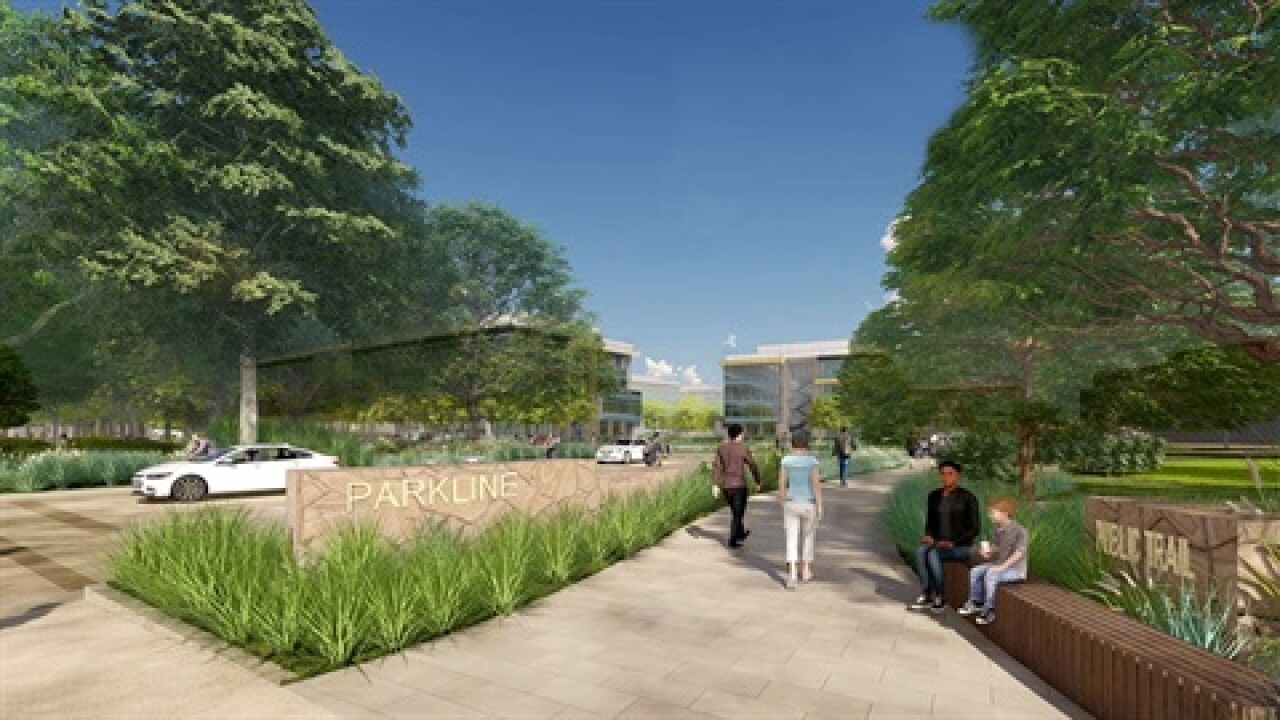
The Trump administration is wasting no time in activating housing provisions contained in the One Big Beautiful Bill Act related to expanding the affordable housing supply.
"Consistent with President Trump's historic OBBBA, U.S. Federal Housing is expanding America's affordable housing supply by doubling the amount that Fannie Mae and Freddie Mac can invest in safe and sound Low Income Housing Tax Credit properties from $1 billion to $2 billion each, a total of $4 billion per year."
The statement from the Federal Housing Finance Agency dropped on Tuesday and quickly picked up positive reviews.
"The Housing Credit is now expected to finance 1.2 million more affordable homes than otherwise possible, which will require significantly more private sector investment," said Emily Cadik, CEO of the Affordable Housing Tax Credit Coalition.
FHFA's move sends more funds to Government Sponsored Enterprises, Fannie and Freddie which prior to 2024 were capped at $850 million. In 2021 the GSEs, were capped at $500 million.
Half of the GSE investments will be reserved for "difficult to serve" markets and at least 20% of that half will be directed by the Duty to Serve Rule and specifically focused on rural communities.
OBBBA reduces the amount of private activity bond financing needed for affordable housing developers to quality for 4% tax credits from 50% to 25%, a change expected to expand housing development.
Proponents say that dropping the percentage will increase PAB efficiency and allow projects to carry less debt which results in more eligible projects.
OBBBA also makes a temporary 12% increase in the allocation of 9% LIHTCs permanent starting in 2026.
LIHTC's are granted through the Internal Revenue Service and are administered on the state level by Housing Finance Agencies.
Housing initiatives are enjoying bipartisan support and notched another win in
The ROAD Act, which has a companion bill in the House of Representatives increases the cap on banks' housing credits and housing bonds, from 15% of a bank's capital and surplus to 20%.
The recent legislative pushes are designed to bring more private investment into the affordable housing market, which refocuses the role of public private partnership forged between municipalities and the homebuilding industry.
The National League of Cities has formed the America's Housing Comeback coalition to bring the two side closer together.
"Building more homes is the only way to solve America's housing affordability crisis and this requires collaboration among all levels of government," said Jim Tobin, president and CEO, of the National Association of Home Builders
"We look forward to working with this coalition to build public-private partnerships that address supply-side, zoning and regulatory barriers that hinder the construction of new homes and apartments."
In addition to the NAHB, NLC's new partners include the American Planning Association, and the National Association of Realtors.
"Housing attainability is a top priority for cities regardless of size, but addressing housing at scale also means upgrading or expanding public infrastructure, investing in skills training and growing the workforce," said Clarence E. Anthony, CEO and Executive Director of the NLC.
"Local leaders are ready to build and improve the partnerships necessary to address these and other issues fundamental to housing supply."





